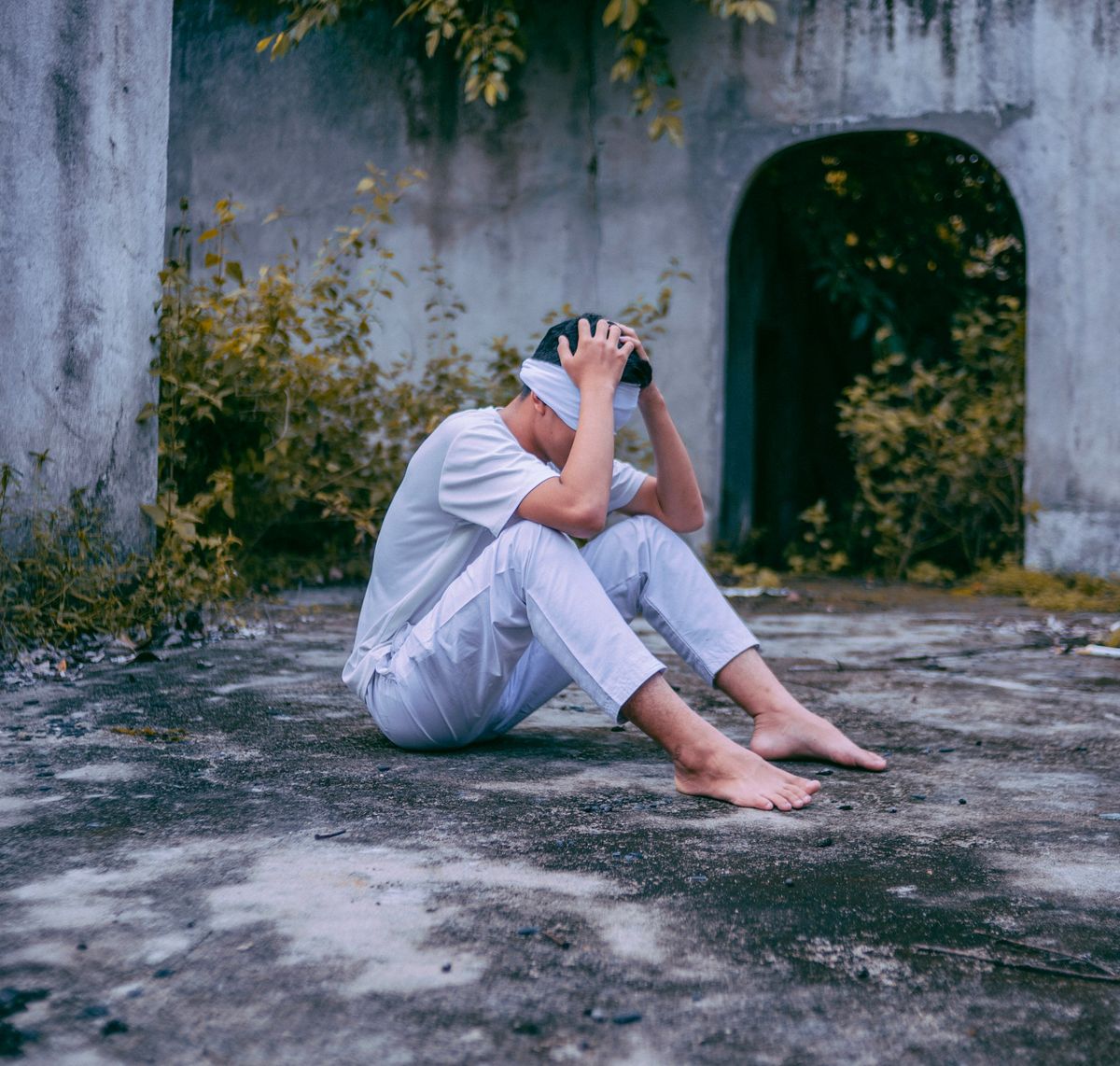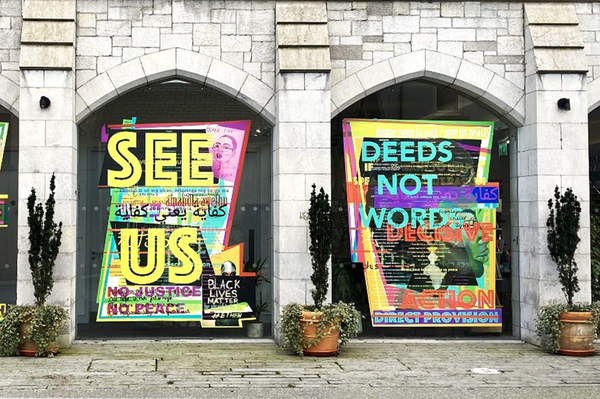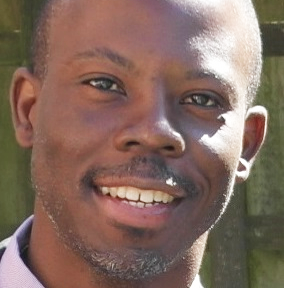Black people in America understand systemic racism: they’ve experienced it all their lives. The same holds for Hispanic Americans, Native Americans, and Asian Americans. They may experience it in different ways; some individuals will experience it less or more than others. But with few exceptions, minorities in America know that systemic racism is a real thing that must be challenged and rooted out.
Among white Americans, a growing percentage does acknowledge systemic racism. Since the murder of George Floyd in Minneapolis at the hands of four indifferent police officers, many of them have taken to the streets to protest. Some have realized the existence of systemic racism for far longer and have worked to eliminate it. This article isn’t about them, nor is it about all white people.
Instead, this article is about those who don’t acknowledge systemic racism—those who may admit that America had a racist past but believe that racism ended when chattel slavery ended, or during the Civil Rights Movement, or at some long-ago point in time that America has recovered from, and now everything’s all good.
It’s directed to those who can’t define systemic racism and can’t believe it exists no matter how much evidence is presented to them: those who deny the present-day existence of voter suppression, disparate sentencing for similar crimes, over-policing of minority communities, insufficiently funded public schools, and lack of proper healthcare, are plentiful.
I’ve had discussions with many of these people, typically online, with anonymous regulars, though I know some of their names. Some of them are smart and articulate. Others, not so much.
I’ve realized it’s not that they don’t understand systemic racism; it’s that they know it all too well. They are both the historical and present-day beneficiaries who have prospered in a system that keeps others down so that they may thrive. Even when they have no intellectual argument, they cannot acknowledge systemic racism. If they recognized racism and did nothing, then they could no longer deny the racism in themselves.
“Let them call you racist . . . Wear it like a badge of honor!”
—Steve Bannon
There are a few who encourage people to wear charges of racism “like a badge of honor.” But most white people don’t like to be called racist. There are corners of the dark web (and some police department-related pages) where racist comments are welcome. San Jose, California, is dealing with revelations that many former and active-duty officers have been making racist comments and threats on what they thought was a private site.
Similar events have happened all over the country, including an alleged plot to kill activist Shaun King. Still, most white people don’t like being called racist. It’s bad for business, and if a video of their racist behavior goes viral, these days it can cost them their jobs.
When backed in a corner while denying systemic racism, the tactics become predictable. The first line of defense seems to be, “What about Black-on-Black crime?” They don’t consider, let alone mention, that white-on-white crime exists in nearly the same percentages.
Though crime and shootings in some of America’s largest cities are a genuine problem and must be dealt with, the question is almost always brought up by the white people as a diversion to keep them from addressing systemic racism. It must be noted that high crime rates are partially a result of the systemic racism endured by those communities.
The next defense is to make minorities the real racists. In a recent discussion, a retired college professor listed Black Lives Matter, the NAACP, HBCUs, Black fraternities and sororities, and Al Sharpton as examples of systemic racism. I apologized to him for having suggested he was disingenuous when saying he couldn’t define systemic racism because he had no clue.
In almost all of the instances he suggested, they are the reaction to systemic racism, to a society that didn’t want Black children to attend their schools at any level, that opposed fair access to the legal system or that resisted the implementation of justice when it’s required.
Another regular commenter acknowledges what most of them will not: “There is systemic racism, but I think it’s gradually getting better. Even though I may have benefited, don’t expect me to pay higher taxes or make reparations. It’s never going to happen.” This gets to the heart of the matter.
“When you see something that’s not right, not just, not fair, you have a moral obligation to say something, to do something!”
—Rep. John Lewis
The recently departed Rep. John Lewis, one of the leaders of the 1963 March on Washington and among the first in line crossing the Edmund Pettus Bridge in 1965, made that statement. There are those who are not yet prepared to say or do anything to eliminate systemic racism. Until then, they will deny its existence, allow it to continue, and continue to reap the benefits.
Perhaps one day their selfishness will turn to selflessness? Until then the struggle must continue.












